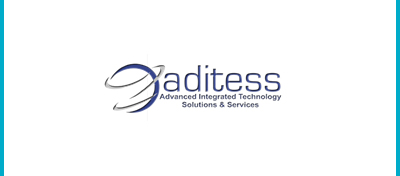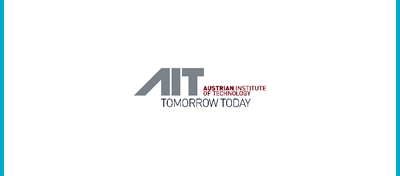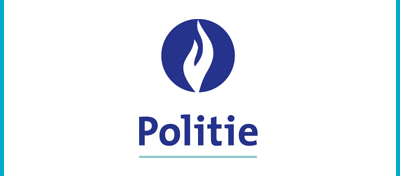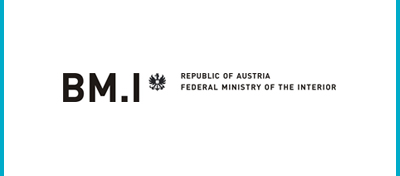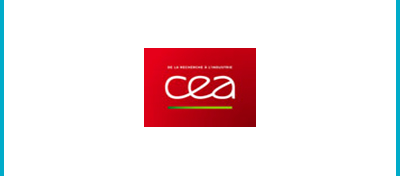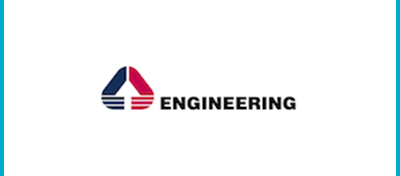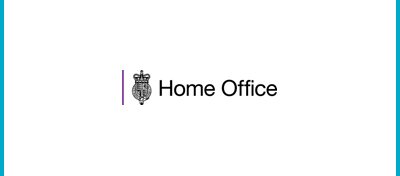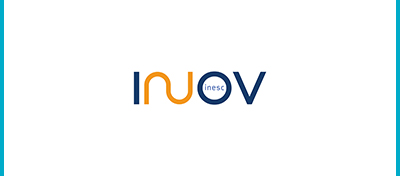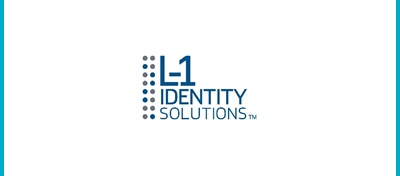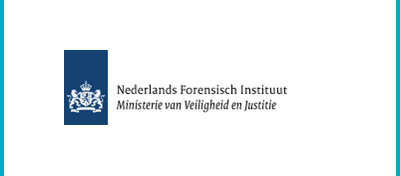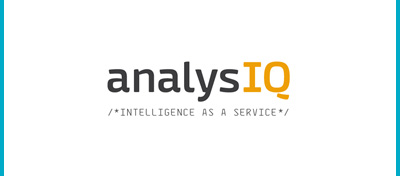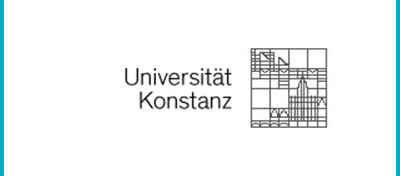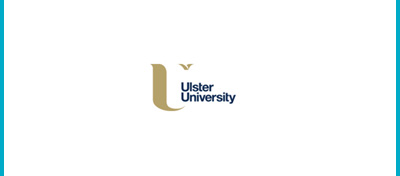ASGARD aims to contribute to LEA Technological Autonomy, by building a sustainable, long-lasting community for law enforcement agencies (LEAs) and the R&D industry. This community will develop, maintain and evolve a best-of-class tool set for the extraction, fusion, exchange and analysis of Big Data, including cyber-offense data for forensic investigation. ASGARD will help LEAs to significantly increase their analytical capabilities. Forensics being a focus of ASGARD, both intelligence and foresight dimensions are addressed by the project.
By the end of the project ASGARD will deliver an active and sustainable community with a large representation of the different stakeholders.
Fluid, Frequent, and Fruitful collaboration between all stakeholders, including short development cycles and face-to-face “Hackathons” every 6 months.
ASGARD will enhance LEAs’ efficiency and capabilities in forensic, intelligence, and foresight by delivering a set of easily configurable and deployable tools and applications (not a monolithic platform). The tools to be delivered will be prioritised by LEAs.
Build upon the work in prior related projects, ground-breaking technologies tackling LEAs prioritised needs in the fields of multimedia big data acquisition, processing, fusion, mining, visualisation and collaboration.
The project includes a licensing and IPR approach coherent with LEA realities and Ethical needs. ASGARD includes a comprehensive approach to Privacy, Ethics, Societal Impact respecting fundamental rights.
ASGARD leverages existing trust relationship between LEAs and the research and development industry, and experiential knowledge in FCT research.
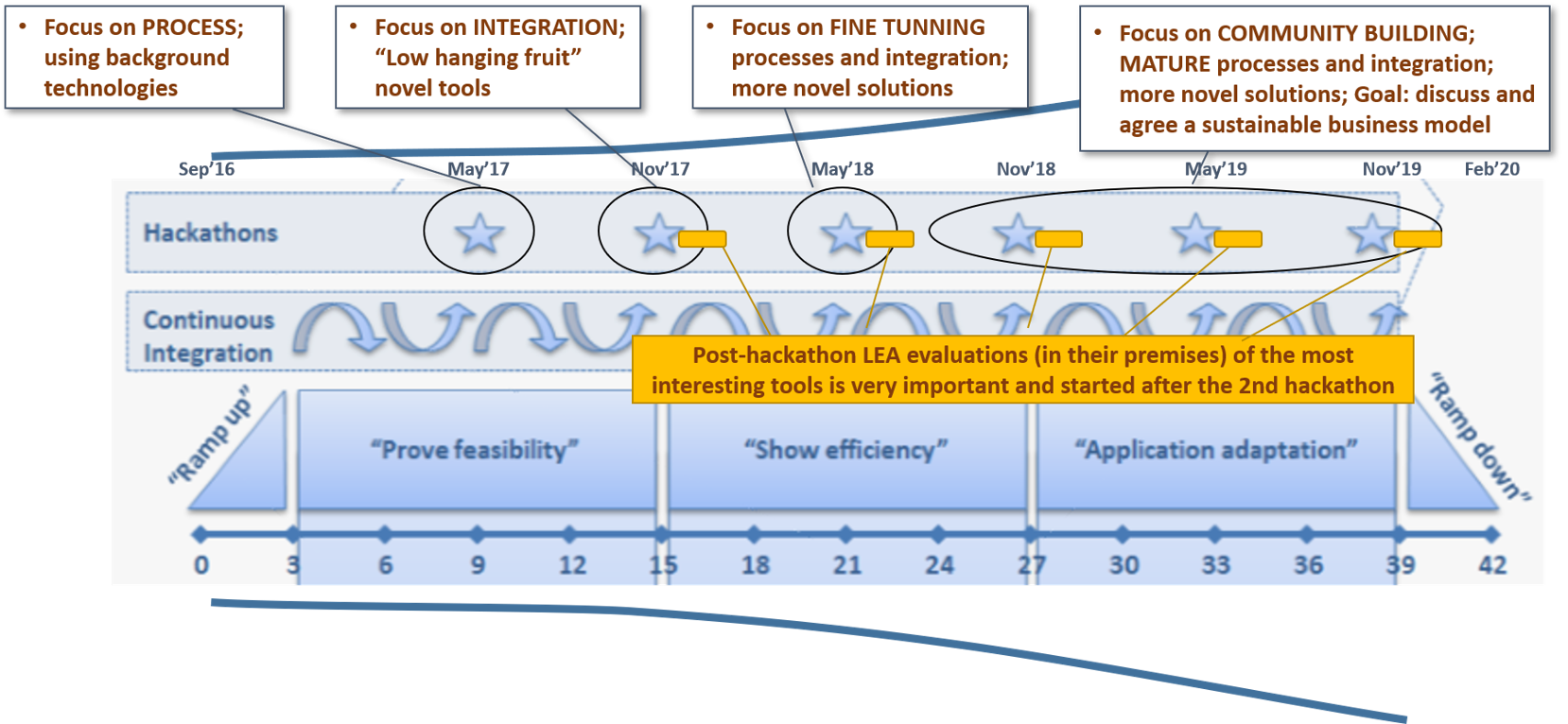
The ASGARD project's methodology is structured around short full-development cycles (6 months duration) which conclude with "hackathon" events at which LEA, researchers, and industrial partners jointly evaluate the latest released tools or new versions of existing tools.
The availability of petabytes of on-line and off-line information being open to the public owned by the Law Enforcement Agencies (LEA), such as police forces and/or custom authorities or the result of the investigation of a (cyber-) offence, represents a valuable resource but also a management challenge. Access to huge amounts of data, structured (data-bases), unstructured (multilingual text, multimedia), semi-structured (HTML, XML, etc.), heterogeneous data collected by LEA sensors such as Video, Audio, GSM and GPS, all possibly obfuscated or anonymized, available locally or over private LEA owned/shared networks or over the Internet, can easily result in an information overload and represent a problem instead of a useful asset.
12 LEAs + 15 RTO/UNIV + 6SME/IND
TOTAL = 33
42 months
2016-09 to 2020-02
700381
The ASGARD consortium has been crafted over a long period of time. Given the specific characteristics of the FCT 1 topic it is driven by applied research centres. RTOs will drive (Push) applied and basic research with the goal of Technology Transfer to End Users who will define the requirements (Pull) of the project. Industry plays the role of potential service offering on the results (Facilitate). The SAG and LEA networks in the partnership will enable the community aspect of ASGARD.

